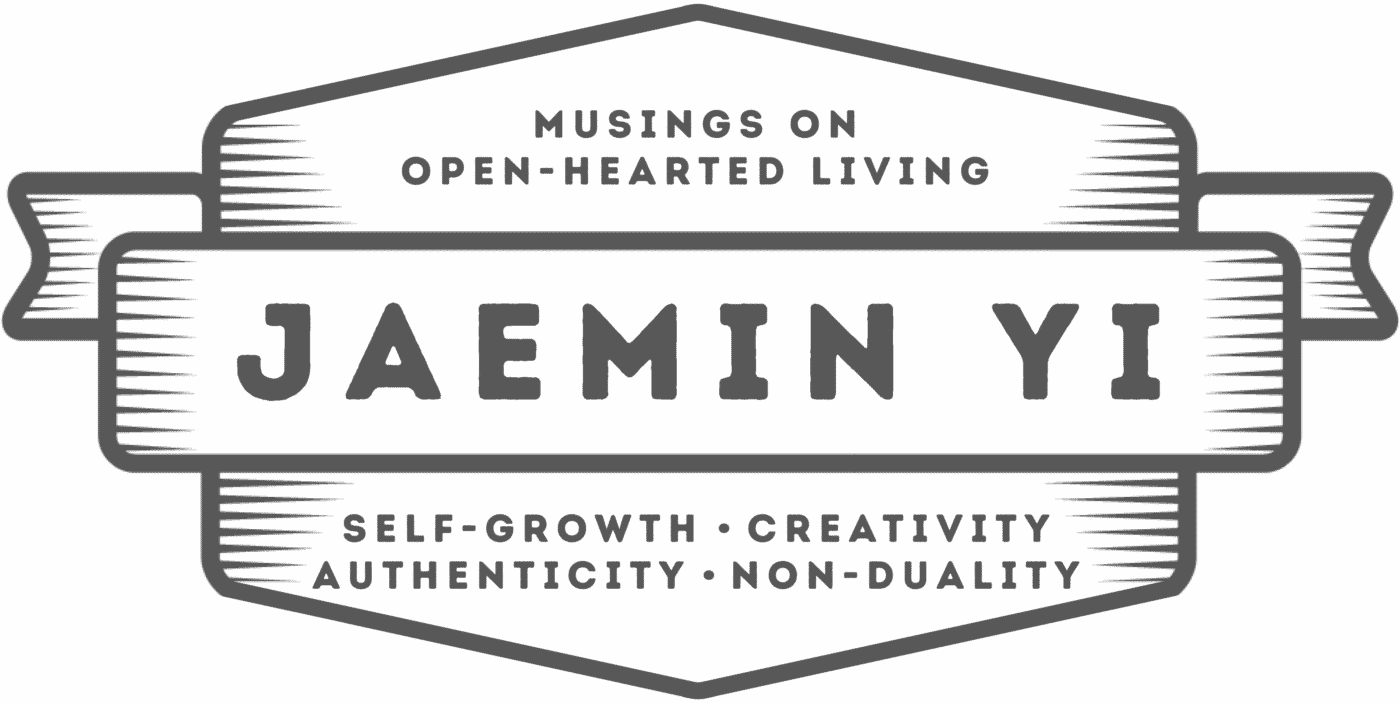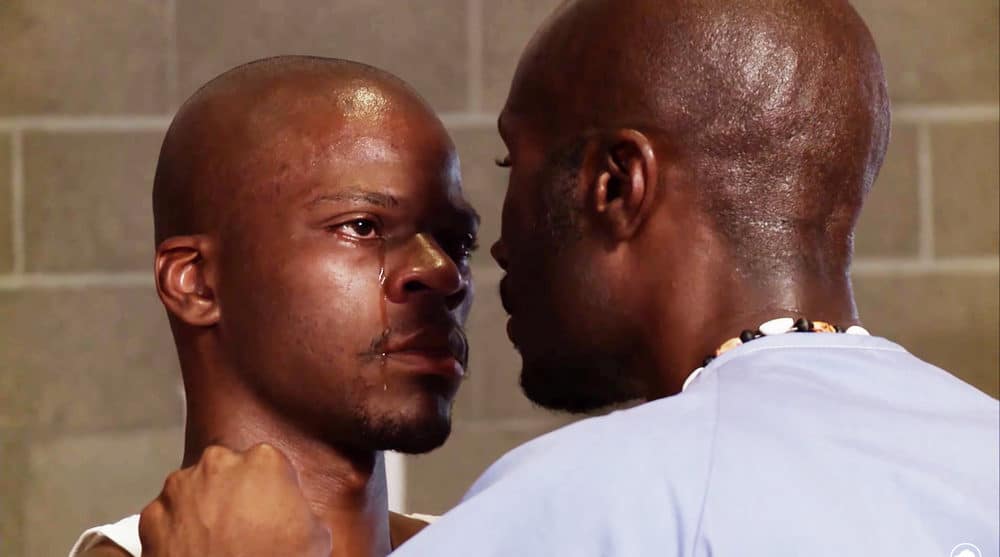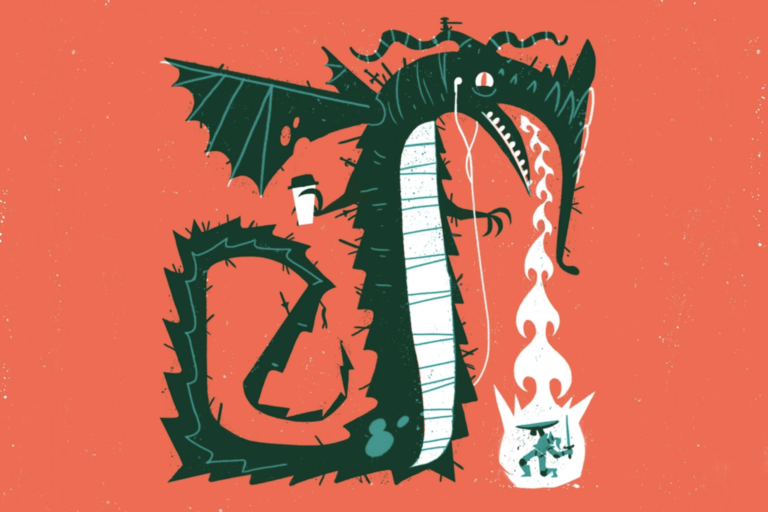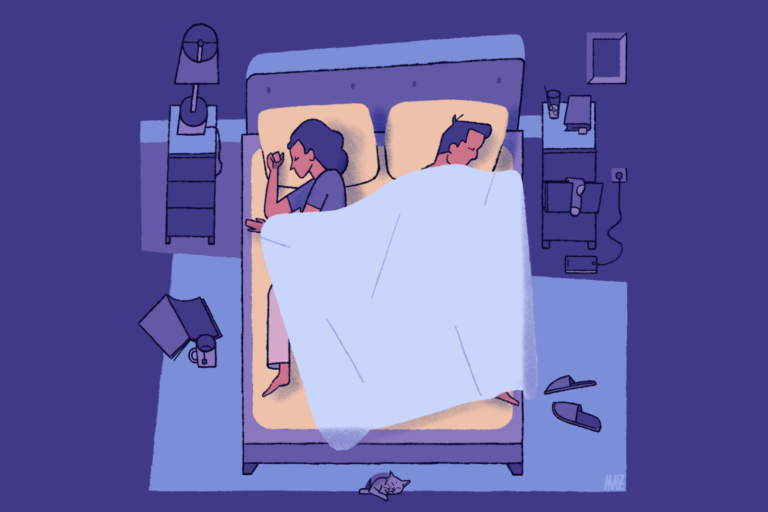For the past 2 years, I’ve been trying to learn how to cry. But it hasn’t been easy.
As a boy, social conditioning taught me that crying and showing emotion was weakness. I was made fun of. Called a sissy. So pretty quickly, I learned how to numb and shut down those parts of myself.
Now as a 32-year-old man, I’ve seen the costs of having those protective barriers up. The ceiling it’s put on my emotional range. How it’s limited me in my relationships. How it’s left me feeling numb, empty, and confused.
Kept me out of my heart and in my head.
I’ve been on a journey to unlearn these harmful patterns. But even with my full dedication and the amazing resources available to me in one of the most progressive cities in the world – it’s been slow progress.
These patterns have been deeply rooted into me – as well as most men in our culture – BY our culture.
One of the problems is that as a society, we have no healthy modeling of masculine emotional expression. Not in movies and TV, not from our leaders, and not from our own fathers – many of whom grew up in an even more repressive culture.
That’s why I was shocked when I finally saw ‘The Work’, a documentary set in Folsom prison, following a group of convicts and 3 outsiders as they underwent an intense 4-day group therapy program.
This raw, powerful film was filled with images of grown men – often covered in tattoos, scars, and gang insignia – encouraging one another to cry. To let out their emotions. To hold one another as they were overcome with anguish and pain.
At one point, an inmate encouraged one of the outsiders to, “Cry like a man. Keep your chin up, let the tears roll down your face. It’s beautiful.”
Damn.
In my 32 years of living, I’ve never seen masculine emotional expression modeled like that before.
I’ve seen men cry, but it’s usually seen as something embarrassing, shameful, or the butt end of a joke.
Here, it was modeled with such strength. It was re-framed as empowering, not diminishing. Vulnerability that was wrapped in courage and fierceness.
There was nothing weak about it.
Watching this documentary deeply moved me. It simultaneously inspired me and reminded me how far we have to go as a culture before this kind of expression is considered normal and healthy for men.
But this needs to happen now, more than ever.
Men are in crisis. We’re responsible for over 80% of all violent crimes. Causing mass shootings and sexual assault. Committing suicide at a rate of 3-4x more than women. Lagging behind in education.
It’s clear there’s a problem with our men right now. But what is CAUSING them to act this way?
I believe our culture’s emotional repression of men is one of the biggest factors.
When you shut down a person’s ability to feel, when they’re taught to repress and stuff down the pain bubbling up within them, that pain is gonna come out one way or another and explode onto everyone else around them.
It’s time we took a closer look at our culture’s part in contributing to this powder keg.
For all of our sakes.
And documentaries like ‘The Work’ are gonna be instrumental in getting this conversation started.
I STRONGLY recommend this film to everyone. But especially to men.
Want to see what real men look like?
Men who truly understand the cost of these emotional shackles, and are committed to doing whatever it takes to be free from them.
Men diving deep into their pain, encouraging one another to feel, and treating each other with fierce compassion.
Men who understand that feeling and crying aren’t signs of weakness OR strength, they’re our BIRTHRIGHT – as connected, compassionate human beings.
These incarcerated men are doing the work.
Are the rest of us ready to do ours?




